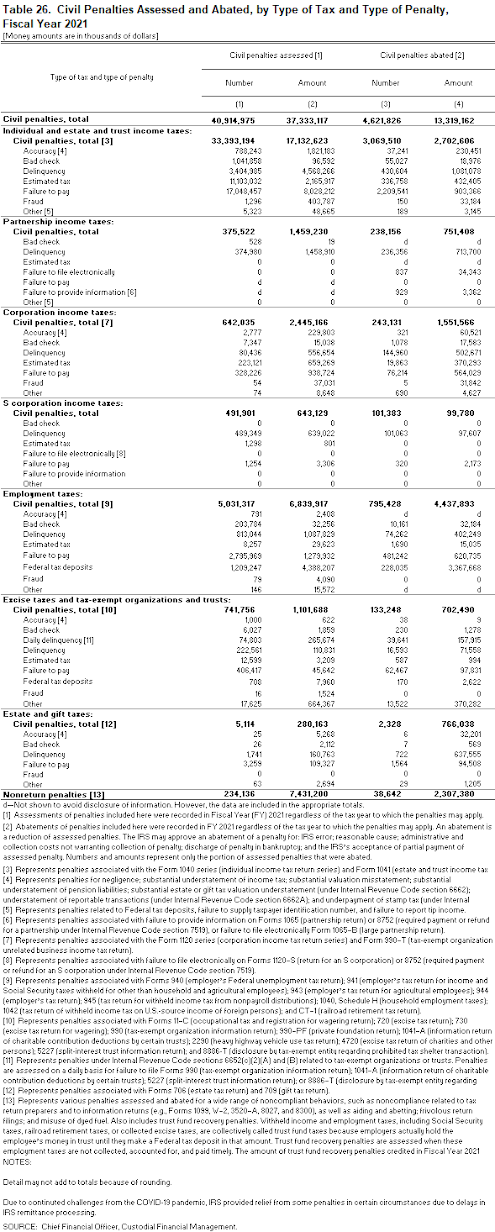In IR-2022-114, issued June 1, 2022, the IRS announced that it intends to boost its workforce and better help taxpayers and businesses and it's looking to hire over 4,000 contact representative positions at several IRS offices nationwide this summer.
A contact representative provides administrative and technical assistance to individuals and businesses primarily over the phone, through written correspondence or in person. These full-time positions fall under a special hiring condition called direct-hire authority Full-time, bilingual (Spanish) positions are also available. No prior tax experience is required.
"The IRS continues to increase its workforce in 2022 to improve the taxpayer experience," said IRS Taxpayer Experience Officer and Wage and Investment Commissioner Ken Corbin.
"We Have A Variety Of Jobs Available All Over The Country.
Contact Representatives, Among Other Things, Deal Directly With Taxpayers By Helping Them With Their Tax Obligations."
The IRS offers competitive pay and benefits, on-the-job training, and opportunities for advancement. The pay range for these positions begin at a GS-05 level. So for Miami that would mean a starting salary of $38,481 a year. Shift availabilities vary by location but there are openings for day shift, (hours between 6 a.m. – 6 p.m.) mid shift (10 a.m. – 10 p.m.) and swing shift (2 p.m. – 1:30 a.m.) in 22 cities nationwide, including Puerto Rico.
Virtual information-sharing events
The agency is hosting virtual information sharing events in June where the IRS will explain the required qualifications and job duties for the contact representative position and provide tips for navigating the application process. Participants will also hear from employees who will provide insights about the work they do day-to-day.
In-person events
In-person events will be held mostly in June, are open to the public and will be held in the following cities: Andover, Mass.; Atlanta, Ga.; Philadelphia, Pa.; Fresno and Oakland, Calif.; Brookhaven, N.Y.; Cincinnati, Ohio; Memphis, Tenn.; and Caguas, Puerto Rico. Registration for these and more can be found on the IRS careers page.
Interested job seekers are encouraged to bring their resumé and two forms of identification (i.e., state driver's license and/or state identification card, birth certificate, U.S. passport, military ID or Social Security card).
Qualified Applicants Will Receive Tentative
Job Offers At The In-Person Events.
Preregistration is recommended and social-distancing is required to attend the in-person job fairs. Per Centers for Disease Control and Prevention (CDC) guidelines, mask wear is optional for these job fair sites. For complete details on the virtual events and to register to attend one of the in-person events, visit: jobs.irs.gov/events.
The IRS is an equal opportunity employer. All employees must be U.S. citizens, pass an FBI fingerprint check and tax compliance verification, and meet the mandatory education, training, and experience qualification requirements.
Have an IRS Tax Problem?
Contact the Tax Lawyers at
www.TaxAid.com or www.OVDPLaw.com
or Toll Free at 888 8TAXAID (888-882-9243)
Read more at: Tax Times blog


















